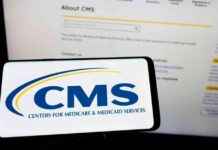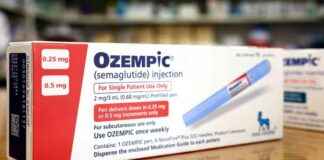Boston’s biotech sector is facing challenges, with companies struggling amid a slump in the industry. Despite hopes for a turnaround in 2025, falling stock values, layoffs, and excess lab space have left the region in uncertainty. While some companies like Vertex Pharmaceuticals are thriving, others such as Moderna and Biogen are feeling the strain, causing investors to proceed cautiously amidst economic and political instability.
The Senate health committee has recently moved forward with the nominations of Marty Makary for FDA commissioner and Jay Bhattacharya for NIH director. Both nominees align with the MAHA agenda, focusing on reducing chronic diseases and curbing food additives. With the GOP majority expected to confirm them, these appointments aim to restore public trust in health institutions in the wake of mass layoffs and policy shifts at the FDA and NIH.
A recent CDC nominee, Dave Weldon, faced concerns from Republican senators, leading to the withdrawal of his nomination. The U.S. response to the Covid pandemic, considered a stress test for democracy, has raised questions about policy decisions and government actions. The sudden withdrawal of Weldon’s nomination highlights the complexities of public health leadership during a crisis.
Altimmune, a biotech company, has announced plans to study its obesity drug in alcohol use disorder, following the success of GLP-1 drugs in addiction treatment. With mounting evidence supporting the efficacy of GLP-1 drugs in addressing addiction, Altimmune aims to explore the potential of its molecule, pemvidutide, in treating liver conditions and alcohol-related disorders. The company’s expansion into addiction treatment reflects a growing interest in repurposing existing drugs for new therapeutic areas.
The proposed restrictions on FDA advisory committees have raised concerns about their future effectiveness. Former agency associate commissioner Peter J. Pitts warns that limiting qualified experts with industry experience could weaken the advisory committee’s transparency and scientific rigor. By scrutinizing conflicts of interest and excluding valuable voices from regulatory decisions, these restrictions may hinder the committee’s ability to make informed and unbiased recommendations.
In other news, drugmakers Mallinckrodt and Endo are set to merge in a $6.7 billion deal, citing benefits from tariffs. Meanwhile, GRObio, a spinout of George Church, is exploring strategic alternatives following a $60 million series B funding round six months ago. These developments underscore the evolving landscape of the biotech industry and the ongoing efforts to navigate challenges and opportunities in the market.

















